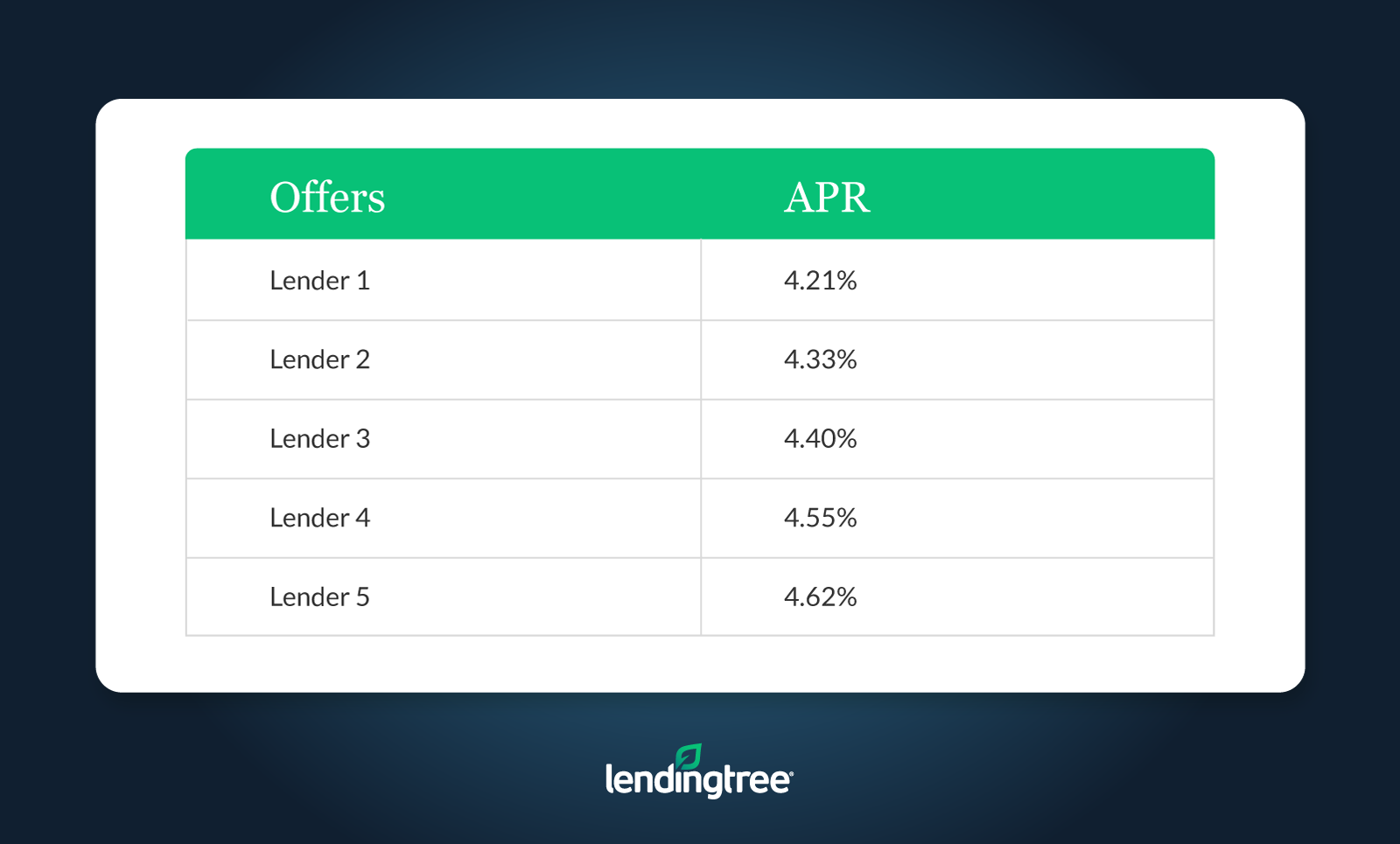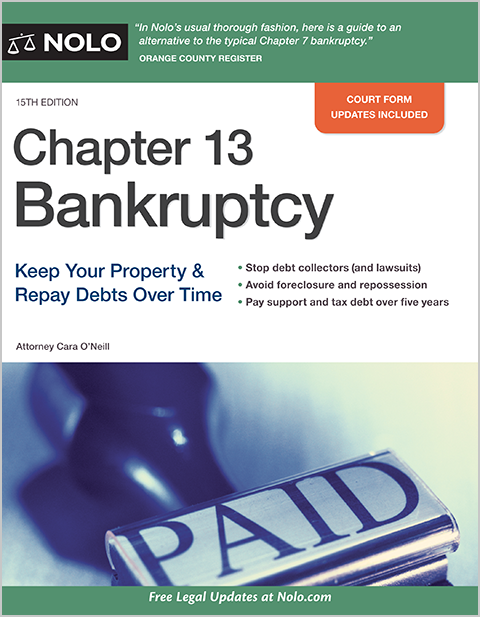First, let's discuss what a reverse home loan is. A reverse home loan is created to permit senior older house owners who own all or the majority of their residential or commercial property to withdraw a few of the equity from the house for personal usage Receivers can choose to receive the cash as a lump amount, in month-to-month installments, or as a credit line.
As it is just available to citizens over the age of 62, it is meant to be the last loan an individual will receive on their house in their life time. A reverse mortgage should be paid back when the property stops to be the loan recipient's main home. This can happen when the recipient relocations, downsizes, has been in the medical facility for over a year, or passes away.
Normally, one of four things takes place: 1. The recipient's life insurance policy is used to pay off the balance of the reverse mortgage. 2. The recipient's successors offer the residential or commercial property and utilize the profits to settle the balance. If the home offers for more than the loan was worth, the successors keep the staying equity.
3. The recipient's heirs re-finance and secure a brand-new home loan on the home in order to keep the property. (It is possible to have both a reverse home mortgage and a routine home loan on the very same home, as long as the regular home loan has a low loan balance). 4. If the heirs take no action within the allocated amount of time, the bank will foreclose on the house to recover the loan.
Some Known Incorrect Statements About How Many Mortgages Can You Take Out On One Property
Make certain to look thoroughly at the terms of a reverse home loan prior to taking one out, as some loans can bring high fees and rates of interest.
If you secure a reverse home mortgage, you can leave your home to your beneficiaries when you die, but you'll leave less of a property to them. Your heirs will likewise need to handle paying back the reverse home mortgage, and they might face major issues in the procedure, otherwise the loan provider will foreclose.
A "reverse" home loan is a particular kind of loan in which older homeowners transform a few of the equity in their home into money. The cash is generally distributed in the kind of a swelling sum (topic to some restrictions), month-to-month amounts, or a line of credit. You can also get a combination of monthly installations and a line of credit.
This sort of loan is different from routine "forward" mortgages since with a reverse mortgage, the loan provider pays to the property owner, instead of the property owner paying to the loan provider. Because the property owner receives payments from the loan provider, the homeowner's equity in the residential or commercial property reduces with time as the loan balance gets bigger.
How Much Are The Mortgages Of The Sister.wives - The Facts
With a HECM, the loan needs to be paid back when among the following events happens: the borrower dies the home is no longer the debtor's primary house (or the customer moves out permanently or leaves due to health factors for 12 successive months or longer) the debtor sells the home (or transfers title), or the debtor defaults on the terms of the loan, like by failing to keep up with insurance premiums or home taxes.
However they will not receive title to the property free and clear due to the fact that the residential or commercial property goes through the reverse home mortgage. So, state the property owner dies after receiving $150,000 of reverse home loan funds. This means the beneficiaries inherit the home topic to the $150,000 debt, plus any charges and interest that has actually accumulated and will continue to accumulate till the debt is settled.

1. Pay back the loan. (With a HECM, the successors can select to pay back 95% of the assessed value themselves and keep the home. FHA insurance will cover the remaining loan balance.) 2. Offer the house and utilize the proceeds to repay the reverse mortgage. (With a HECM, the beneficiaries can sell the home for the total of financial obligation owed on the loan or an amount that is at least 95% of the existing evaluated worth of the home.) 3.
4. Not do anything and let the loan provider foreclose. According to an U.S.A. Today short article from December 2019, heirs who want to settle a reverse mortgage and keep the home typically deal with months of bureaucracy and aggravation when dealing with the loan servicer. Substandard loan servicing practices typically impede what need to be routine documents, debt calculations, and interactions with borrowers or successors.
Facts About How To Switch Mortgages While Being Revealed
The servicer likewise designated the house as uninhabited and turned off the water in the name of property conservation, and arranged a foreclosure sale. This situation is not uncommon. The U.S. Department of Real Estate and Urban Development (HUD), the regulator of HECMs, has standards that say servicers of these loans must inform survivors and successors of their alternatives and fix the loan within six months of a death.
If they're offering the property and it's still on the marketplace after 6 months, or they're still actively looking for financing, successors can get in touch with the servicer and demand a 90-day extension, based on approval by HUD. One more 90-day extension can be requested, once again with HUD's approval. But that standards do not prevent the servicer from pursuing a foreclosure throughout this time.

While you deal with hold-ups or obstructions due to a concern with the home's title, an impending foreclosure, or an absence of details from the servicer, you'll need to spend for the house's upkeep, taxes, and insurance coverage, and interest and costs will continue to accrue on the debt while you attempt to work out any of the above alternatives (what happened to cashcall mortgage's no closing cost mortgages).
Reverse mortgages are complicated and are frequently not the best option for older house owners seeking access to additional cash. Prior to securing a reverse home mortgage and tapping into your home equity, you must be sure to check out all of the options readily available to you. For example, you might receive a state or local program to lower your expenses or you could consider scaling down to a more inexpensive home.
The Ultimate Guide To How Much Are The Mortgages Of The Sister.wives
aarp.org/revmort. Despite the fact that you'll need to finish a therapy session with a HUD-approved therapist if you desire to get a HECM, it's likewise highly advised that you consider speaking to a financial organizer, an estate preparation attorney, or a consumer security legal representative prior to securing this type of loan.
Upon the death of the https://www.timeshareanswers.org/blog/wesley-financial-group-llc-reviews-2/ debtor and Eligible Non-Borrowing Partner, the loan becomes due and payable. The beneficiaries have thirty days from receiving the due and payable notice from the lender to buy the house, sell the house, or turn the home over to the lending institution to please the debt.
Your beneficiaries can consult a HUD-approved housing therapy firm or an attorney for more details. Some heirs may lack funds to settle the loan balance, and might require to offer the home in order to repay the reverse mortgage. With a reverse home mortgage loan, if the balance is more than the home deserves, your successors don't have to pay the distinction.